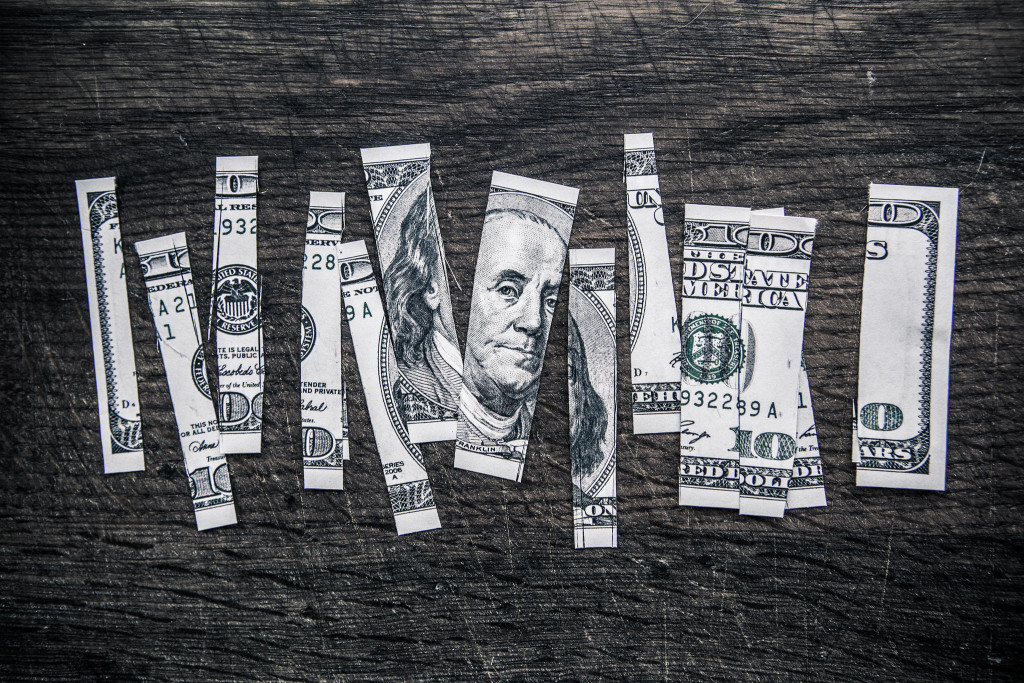The Western world has come together to mourn over the newest Oxfam study. According to their calculations, 26 billionaires own as much as the rest of the people on Earth.
As renowned economist Deirdre McCloskey once wrote in her commentary to Piketty’s book on inequality: “The conviction [that capitalism is seriously defective] is acquired at age 16 years when the proto-leftist discovers poverty, but has no intellectual tools to understand its source”.
Indeed, when I was 16, I was reading Che Guevara’s The Bolivian Diary. We could compare one’s worldview to one’s favorite football club – it’s an emotional matter, and it’s very difficult to replace it with another one.
Oxfam uses a rather strange methodology, where they deduct one’s debt from one’s active assets. And so they end up with a result saying that an IT student at Harvard with a loan is poorer than an African orphan.
In fact, the Harvard student is much richer – in comparison with an illiterate child, he/she owns tremendous intellectual capital, and has access to vast social capital – healthcare, security, or justice. Unfortunately, one has to dig deep into the statistics to add such capital into the calculations – and it would spoil the best-selling newspaper stories.
Another factor these studies omit is the phenomenon of creative destruction. Capital becomes spoiled faster than a Federweisser in the sun. Remember the same Oxfam story, two years ago? There were not 26 billionaires who owned as much, but only 8 of them? The assets of these rich people have diluted when compared to the other half of humanity, even according to Oxfam’s own one-legged methodology.
The abovementioned billionaires are riding an innovation rollercoaster. Just have a look at Apple: it lost 30% of its value in the span of last 3 months.
The poverty is falling, and even the biggest optimist are in awe. When you meet the Chinese middle class taking pictures of Michael’s gate in Bratislava, (or Empire State Building for that matter) just think that their parents survived the Great Chinese Famine and had to eat tree bark to survive! Electrification, accessible drinking water, pharmaceuticals, the rising quality of food – one factor after another is illustrating how much has humanity as a whole moved forward in the last 30 years.
Although we must admit the existence of inequality, why do we get so irritated by it? What is that 16-year-old missing to understand? It is the knowledge that inequality isn’t caused by someone biting a bigger chunk off a single global pie.
Inequality emerges, because someone simply bakes more of those pies than another.
Yes, sometimes one is able to bake more pies because of helpful political network, being a granted monopoly, or thanks to friends in central bank. But seriously, go and have a look at those 26 billionaires. Most of them are rich because they came up with computer programs, supermarkets, or steel.
I’m glad they did. Let’s not fight inequality, let’s fight poverty. It will be a completely different fight using completely different tools. We already fought inequality once under the command of those mustached gentlemen, and we ended up with empty plates and dead bakers.
Translated by Veronika Fajbíková



